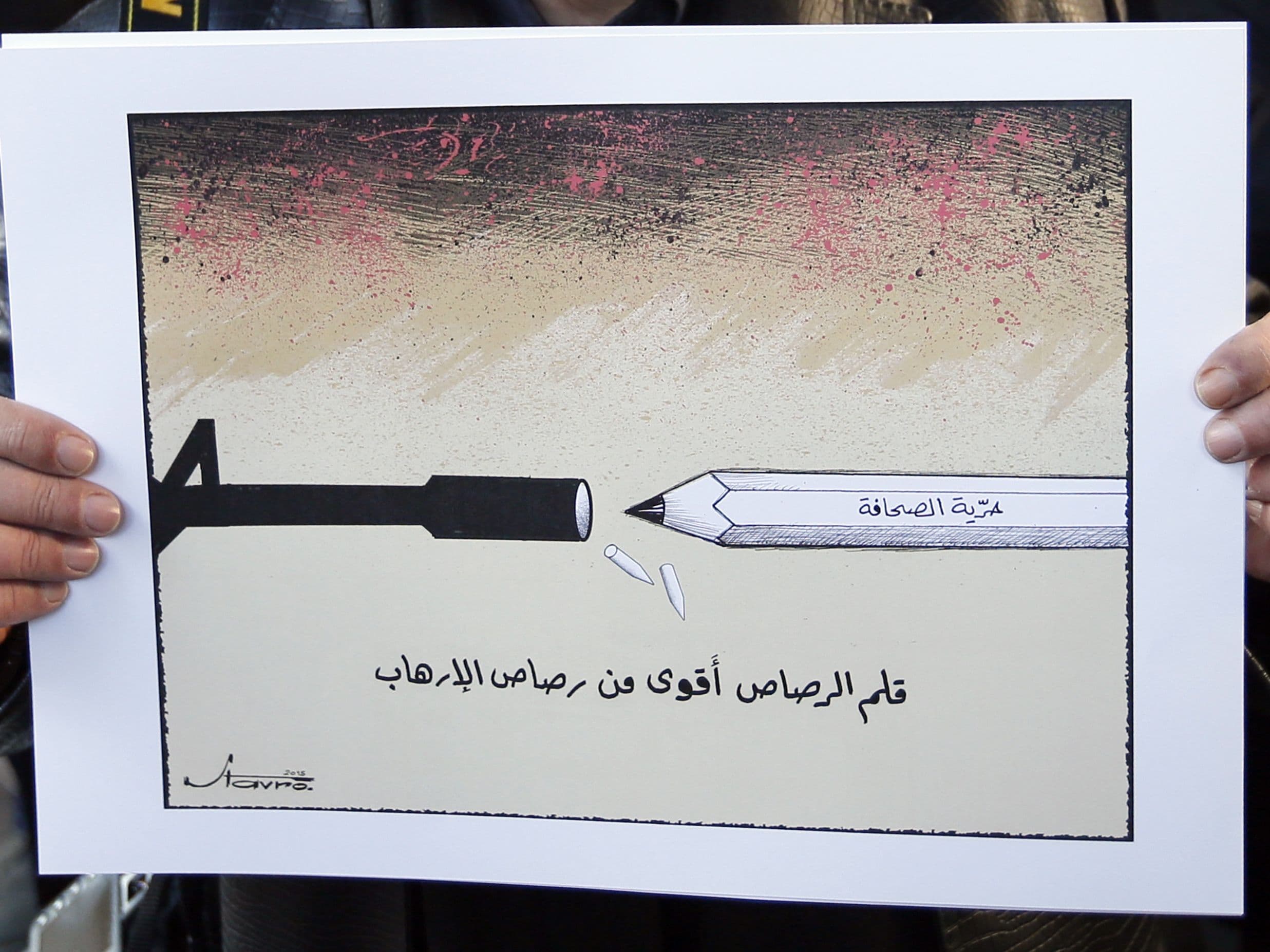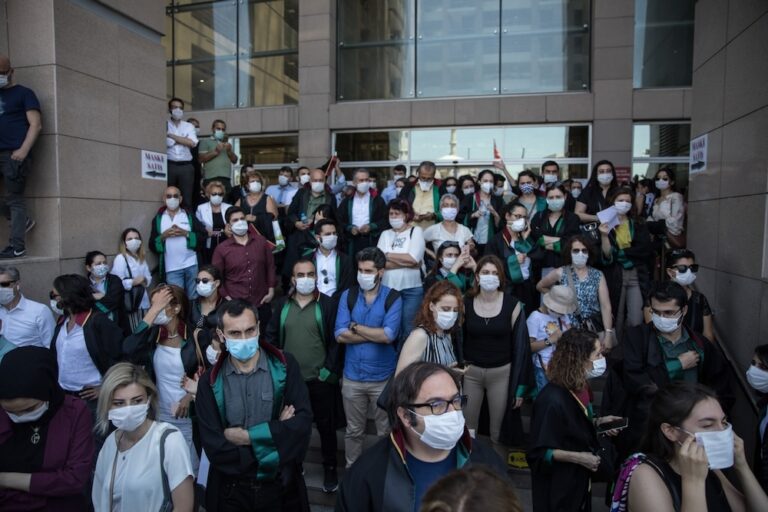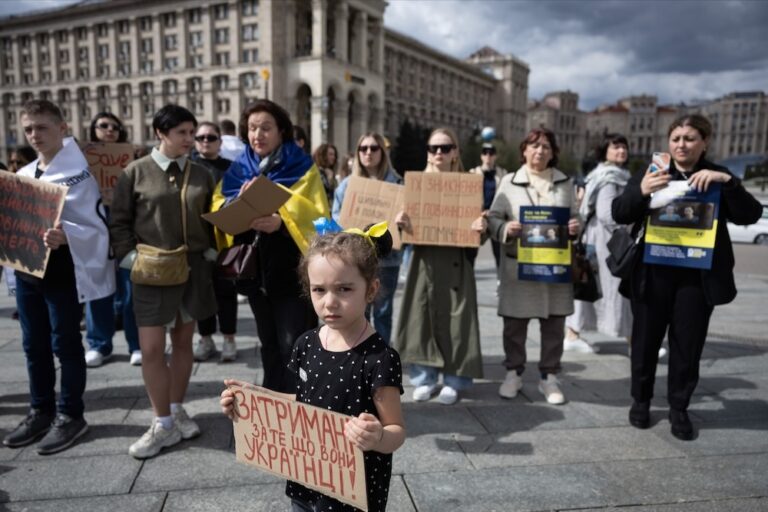Reporters Without Borders calls on EU countries that still have blasphemy laws to follow the example of Iceland, which has just repealed its blasphemy legislation in a highly symbolic move six months after the Charlie Hebdo massacre in Paris.
This statement was originally published on rsf.org on 13 July 2015.
Reporters Without Borders calls on EU countries that still have blasphemy laws to follow the example of Iceland, which has just repealed its blasphemy legislation in a highly symbolic move six months after the Charlie Hebdo massacre in Paris.
“Freedom of expression is one of the most important pillars of democracy,” said the bill that Iceland’s parliament approved last week, repealing a provision that had been part of the country’s legislation since 1940. “Freedom will not yield in the face of bloody attacks,” the bill’s three Pirate Party authors said. “Je suis Charlie,” each of them also said, one after the other, from the podium in parliament.
Despite causing some controversy, the bill won the support of most of Iceland’s religious leaders. One of the most prominent bishops in the Lutheran Church (to which nearly 80 percent of the population is affiliated) said: “Any legislation restricting freedom of expression (…) is out of step with modern human rights concepts.”
Reporters Without Borders hails Iceland’s decision to modernize its legislation. “Under no circumstances should the accusation of blasphemy be used to restrict free speech or media freedom, which is enshrined in Article 19 of the 1948 Universal Declaration of Human Rights,” Reporters Without Borders editor in chief Virginie Dangles said. “It is vital that European Union countries eliminate this offence from their national legislation.”
Eight EU countries still have blasphemy on their statute books. They are Denmark, Germany, Greece, Ireland, Italy, Malta, Netherlands and Poland, where artists and performers are often convicted of blasphemy.
For the most part, these laws are rarely applied. In Ireland, where blasphemy was extended to all religions in 2009, it has never been used and its repeal has been under discussion ever since the Charlie Hebdo tragedy.
Blasphemy had not been a crime in France since the 1789 revolution, but Alsace-Moselle has had religious legislation since the period when it was under German control (1871-1918).
It has never been used since 1918 and Catholic, Protestant, Jewish and Muslim religious leaders in Alsace-Moselle had proposed to the Observatory on Secularism that it should be repealed shortly before the Charlie Hebdo massacre. Reporters Without Borders urges them to press ahead with this initiative.
The accusation of blasphemy can be dangerous when used to restrict freedom of expression, as Reporters Without Borders emphasizes in its 2013 report entitled “Blasphemy: Information sacrificed on altar of religion”. The report also looks at political use of the charge of “offence against religion” – an offence that is punished harshly in many parts of the world.
Saudi Arabia (164th in the Reporters Without Borders press freedom index) and Iran (173rd) were among the countries that penalized blasphemy most severely in 2014, imposing harsh punishments on journalists and bloggers.
Raif Badawi, a Saudi blogger and co-founder of a discussion website called the Saudi Liberal Network, was sentenced in May 2014 to 10 years in prison and 1,000 lashes for creating and running a website that “disseminated comments insulting religious figures.”



